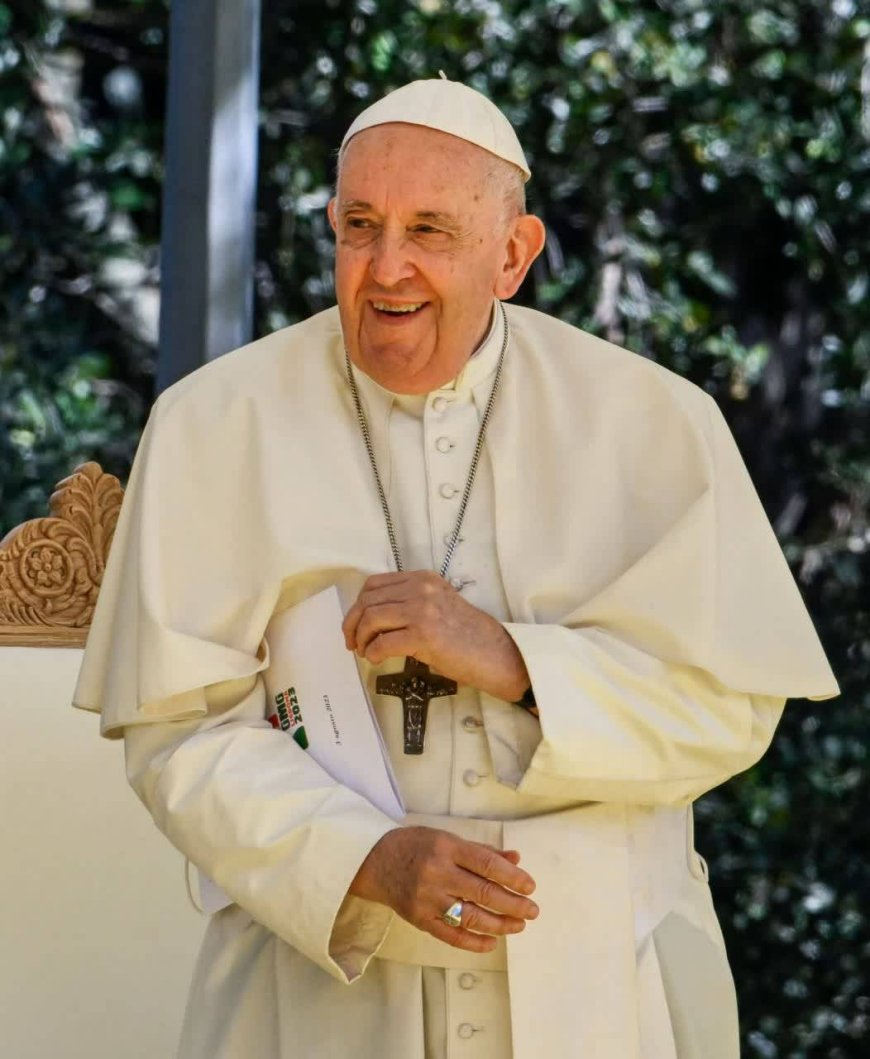The Bold Agenda of Pope Francis: Transforming the Vatican and Beyond
The Bold Agenda of Pope Francis: Transforming the Vatican and Beyond

Pope Francis, the first South American pope, has been steadfast in his mission to reform and restore the role of the Catholic Church in people's lives and global politics since assuming office nearly a decade ago. Through extensive reforms and changes to certain laws, he seeks to increase the number of Christian believers worldwide. During World Youth Day in Portugal, a tradition initiated by Pope John Paul II, Pope Francis addressed the long-standing issue of child abuse within the Church. He not only strongly condemned these incidents but also met with the families of the victims, demonstrating his commitment to rectifying the Church's past wrongs. The decision to hold this event in Lisbon was a strategic and courageous move that significantly contributed to restoring the Catholic Church's tarnished image. In his speech, Pope Francis touched upon crucial global and international matters, effectively conveying the Vatican's concerns.
True to his style, the Pope spoke candidly and sincerely to the young audience, presenting them with a fresh perspective on the Church. Pope Francis's efforts to revitalize the Vatican's position extend beyond engaging with young people and reshaping their perception of God. He harbors grand ambitions to achieve this goal. During his trip to Iraq, he met with the supreme authority of the Shiites, emphasizing religious convergence as a shared language. Through this act, he aimed to elevate the status of the Church and the papacy.
Additionally, the Pope has implemented significant changes among the cardinals and their appointments, further advancing the revolution he initiated. In his most recent move, he selected 21 new cardinals who will play a crucial role in selecting the next pontiff. The Pope has also addressed sensitive issues within the Church, challenging the traditional monopoly of power held by certain groups. He has advocated for greater inclusion of married individuals in higher positions within the Church hierarchy and has opened discussions on the presence of women in decision-making roles such as bishops. These unconventional actions have caused some to question whether the Pope possesses the courage to make significant decisions, as he often delegates such matters to technical committees, as seen with the topic of homosexuality and LGBT individuals in the Church.
The Pope's approach to reforming the Church's structure and laws aims to connect it with the evolving social landscape of the modern world, enabling the Church to assume a central role in society. However, his focus extends beyond internal reforms. Pope Francis also prioritizes pressing global issues, such as the climate crisis and the war in Ukraine. He emphasizes the Vatican's commitment to peace and endeavors to contribute to its attainment. The Pope's numerous trips and speeches have bolstered his popularity and garnered favor for the Church.
Looking ahead, the planning of future papal trips, including visits to South Korea and India, as well as potential meetings in China, holds the promise of fostering greater interaction between governments and the Vatican. The Church can play a pivotal role in addressing global challenges and crises, even serving as a mediator between nations. Should his successors continue the path forged by Pope Francis, the Church's aspirations may come to fruition, with the Pope assuming a significant role in shaping the future of the world. However, it is important to acknowledge that not all factions within the Church align with the Pope's vision. He faces determined opposition from those who stand to lose their power and have long been working against his goals.













































